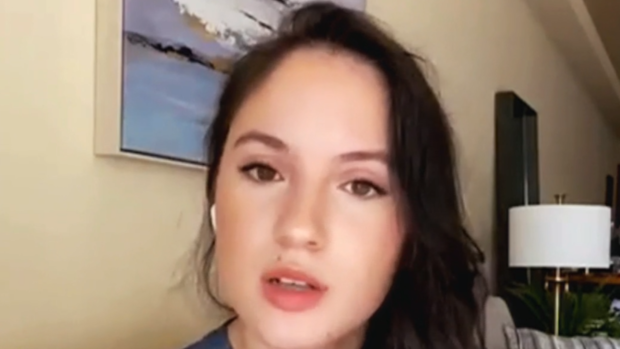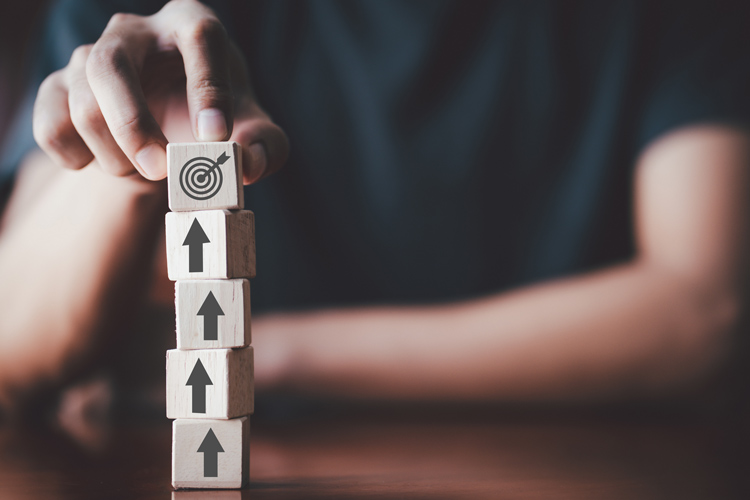Wellness care workers share the devastating psychological toll of COVID-19: “I’m no hero, I am damaged”
Frontline professional medical personnel battling the coronavirus are suffering from anxiety and melancholy, according to the most significant analyze of wellness treatment specialists at the peak of the pandemic in New York Town.
“Correct now in COVID, the strategy of currently being the overall health treatment hero, definitely provides this elevated stress on folks,” explained Dr. Marwah Abdalla, who performed the study.
Practically 50 {32cfe9277fe13dbd9543889a26029d955ec81a8dd075f8fd1cebc225c985192b} the people surveyed saw depressive symptoms, when 57{32cfe9277fe13dbd9543889a26029d955ec81a8dd075f8fd1cebc225c985192b} had acute strain and approximately 75{32cfe9277fe13dbd9543889a26029d955ec81a8dd075f8fd1cebc225c985192b} expert insomnia. CBS News’ Dr. Tara Narula spoke with medical practitioners and nurses across the country to listen to how they are coping with trauma though observing thousands and thousands of sufferers practical experience their individual.
Dr. Tsion Firew, M.D., New York
CBS Information
Dr. Tsion Firew is an assistant professor of crisis drugs at Columbia College in New York Metropolis — what had after been the worldwide epicenter of the virus.
“We just went from one particular client to another with no obtaining any time in amongst to method what just transpired,” she reported. “You consider to drop asleep, but my head was fully replaying what I went via — during the working day.”
Shee also recalled emotion “stress and anxiety” above what he may well encounter treating virus sufferers the up coming working day.
“Would I genuinely have to choose who life and who dies?” Firew questioned.
Jacqueline Jackson, RN, New York
CBS News
Jacqueline Jackson, a registered nurse at New York City’s Lenox Hill Clinic, claimed she and her colleagues were “struggling” on the within though executing what they “have to do” battling COVID-19.
Jackson experienced worked as a critical treatment trauma nurse for over 16 yrs, but stated likely to perform by way of the pandemic built her question her own survival.
“Just to go as a result of that raw thoughts, that was just scary,’ she claimed. “‘I’m not gonna live tomorrow. Will I carry this dwelling to my relatives? What am I gonna do?'”
She said she may possibly be exhibiting “slight signs or symptoms” of PTSD. “I can truly feel the variation in my character. Because I’m commonly a bubbly person, I think I have shed that,” Jackson said.
The nurse also reported she now suffers from sleeplessness and frequent nightmares.
“I shut my eyes and I see the affected person that I took care of past. I see… the illustrations or photos of struggling,” she mentioned. “I feel that is gonna scar me for daily life.”
Professor Nathan Nielsen, M.D., New Mexico
CBS News
Affiliate Professor of Medication Nathan Nielsen, M.D., of the University of New Mexico Faculty of Medicine explained he qualified through his professional medical occupation “expecting that sometime there may be a disaster.”
When the pandemic broke out, he discovered himself living it — anything Nielsen mentioned no a person is at any time completely geared up for.
“I will not actually know if I have been this worn out in my lifestyle,” he claimed. “We are all fatigued emotionally, intellectually, spiritually.”
Nielsen stated he satisfies the requirements for gentle melancholy. He now has “psychological destinations” in his ICU the place memories of significantly lousy cases he experienced linger.
“A 24-12 months-outdated with young children who died from a stroke, a 25-yr-outdated person who died with his mother or father and his spouse at his bedside,” he mentioned in tears. “It is really even now tough.”
Neilsen reported it even influenced his day-to-day lifetime.
“My fuse is shorter. I’m more irritable,” he explained. “I feel I am just frayed. You know, it really is like becoming a rope, exactly where you just twist and you twist, and ultimately you fray.”
Indicators intended for hope, like billboards Neilsen sees honoring “wellness care heroes,” have become “just one more stage of self-critique,” however vocalizing it may truly feel taboo.
“I’m no hero. I am broken, I am hurting,” he explained. “The white coat will make a wonderful straitjacket, and we you should not talk about the issues we need to have to. And that requirements to end.”
Sarah Elizabeth, RN, Florida
CBS News
Sarah Elizabeth is a registered nurse in Florida, operating in a surgical progressive treatment device which is also aiding in caring for COVID-19 patients.
Right after doing work as a nurse for two yrs, she said the horrors of the pandemic are currently creating her “almost rethink” her vocation preference and “what it is to be a nurse.”
The 23-yr-outdated now reviews she struggling from nightmares about her “creepiest assignment.”
“Like, did I do almost everything that I needed to do?” Elizabeth requested. “I truly feel like the panic is form of just next me into rest and so I am not having suitable rest.”
Nurses who are dealing with critically unwell people are “there at the bedside for hrs on stop,” even “at the close of daily life.” As the U.S. demise toll nears 200,000, health and fitness treatment industry experts like Sarah Elizabeth are now going through loss of life “perhaps several instances in a change.”
“We’re absorbing that grief in these times,” she explained. “We are sort of predicted to just suck it up, to compartmentalize every little thing we see.”
She expressed panic about not becoming “valued” as nurse immediately after publicly expressing her and others’ struggling.
“We’re seen as resilient. That we’re unbreakable,” she mentioned. “But we’re human. We are human just as our individuals are. And if we don’t tackle what we have likely on internally, it is really genuinely challenging to sufficiently treatment for our sufferers.”












